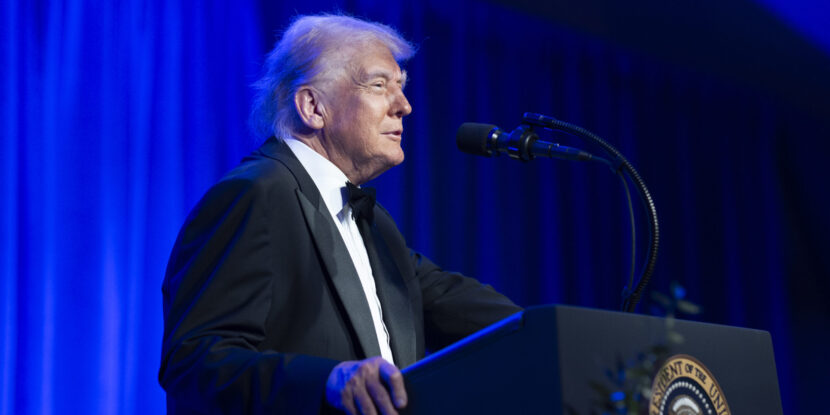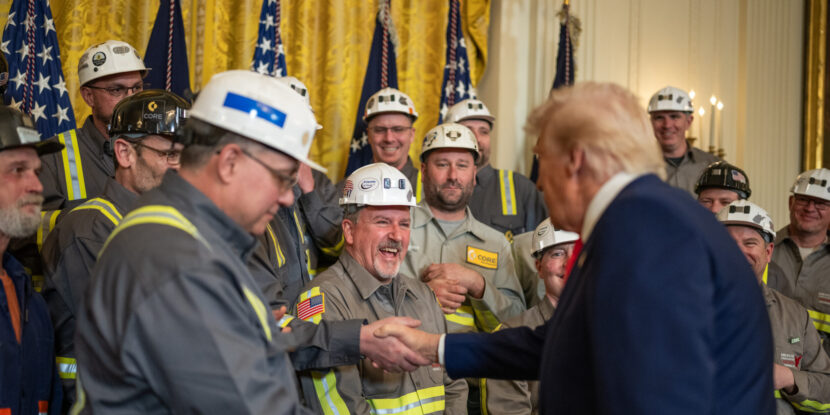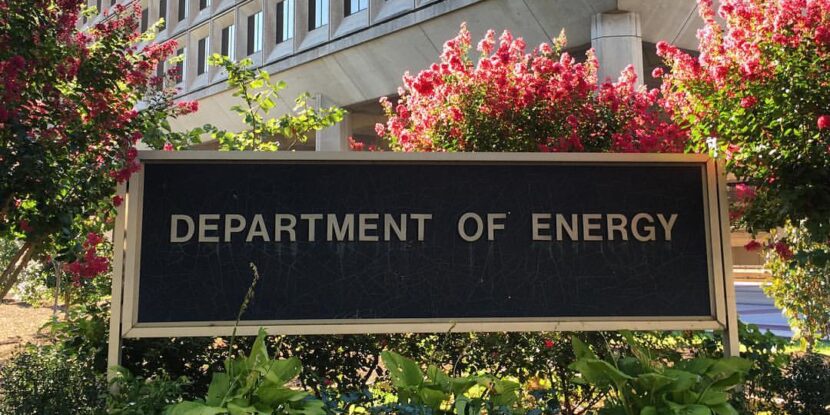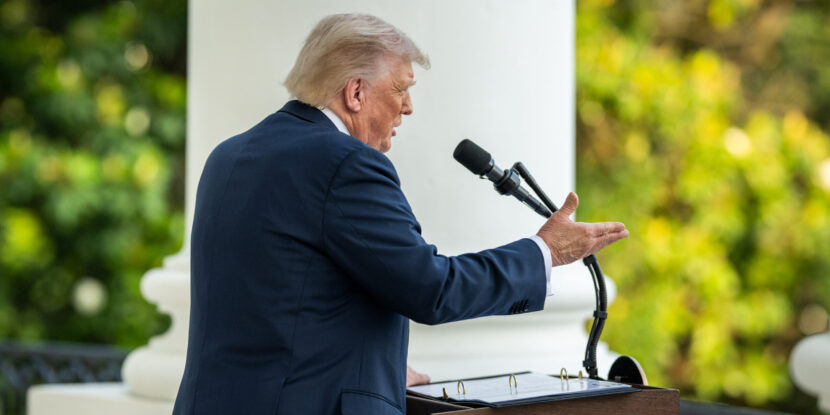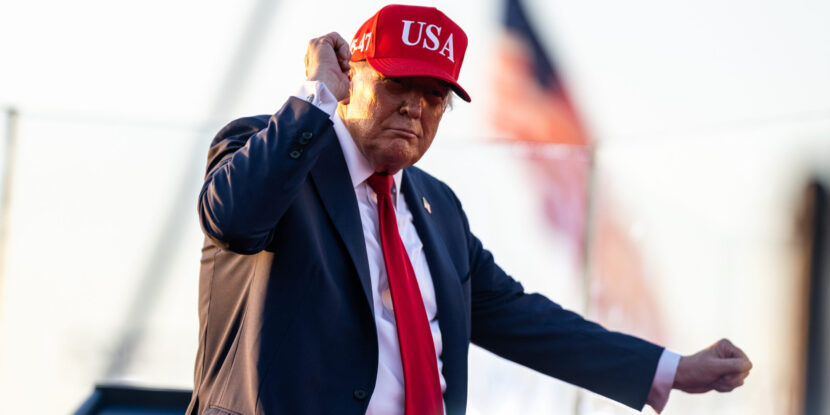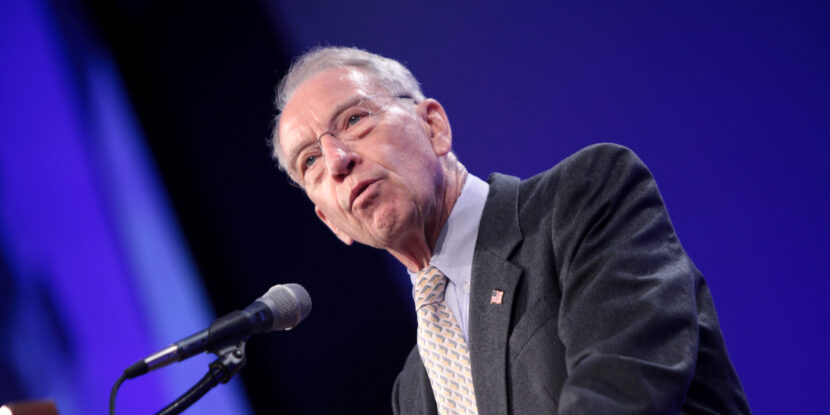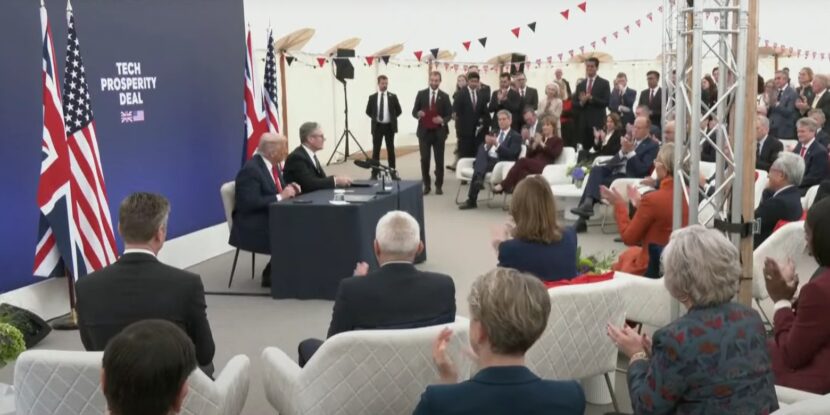❓WHAT HAPPENED: American businesses signed 98 contracts valued at $170 billion with foreign government buyers during the first nine months of the Trump administration, according to the Department of Commerce.
👤WHO WAS INVOLVED: The Department of Commerce’s International Trade Administration (ITA), Commerce Secretary Howard Lutnick, and President Donald J. Trump.
📍WHEN & WHERE: The contracts were signed during the first nine months of 2025, with details shared in a September 30 statement.
💬KEY QUOTE: “The record-breaking U.S. business wins under President Trump’s leadership reflect an unwavering commitment to rebuilding U.S. industry for the American worker,” said Commerce Secretary Lutnick.
🎯IMPACT: The contracts are expected to support 589,000 American jobs and ensure $144 billion worth of made-in-the-USA exports.
President Donald J. Trump’s tariff policies are revitalizing U.S. exports, with American businesses signing 98 contracts valued at $170 billion with foreign government buyers during the first nine months of the Trump administration, according to the Department of Commerce’s International Trade Administration (ITA). This figure far surpasses the $12 billion in contracts signed during the same period in 2021, the agency stated earlier this week.
Notably, the contracts with foreign government buyers are forecasted to support 589,000 American jobs and create $144 billion worth of made-in-the-USA exports. “The record-breaking U.S. business wins under President Trump’s leadership reflect an unwavering commitment to rebuilding U.S. industry for the American worker,” said Commerce Secretary Howard Lutnick. “With record business deals abroad, America is strong again, and together with the American worker, President Trump is transforming the U.S. economy, rebalancing our global trade, and restoring America’s place in the world.”
The aerospace and defense sector accounted for $153 billion in contracts with foreign government entities, bolstering the American industrial base. Additionally, $5 billion in deals were signed to strengthen energy security, particularly in the oil, gas, and nuclear sectors. The information technology sector saw over $800 million in contracts, while the safety and security equipment sector recorded over $600 million in deals aimed at countering untrusted tech and covert tactics by foreign adversaries.
Commerce Undersecretary William Kimmitt emphasized the administration’s efforts, stating, “In the first nine months of the Trump Administration, ITA advocacy has worked tirelessly to win contracts to support hundreds of thousands of American jobs. We will continue to be an unrelenting advocate around the world in support of American workers.”
Despite these successes, concerns about the broader U.S. economy remain. The Conference Board reported a 0.5 percent decline in its leading economic index in August, signaling a potential economic slowdown. However, GDP growth rebounded in the second quarter of 2025, increasing by 3.8 percent, a marked improvement from the 0.6 percent contraction in the first quarter.
Join Pulse+ to comment below, and receive exclusive e-mail analyses.
